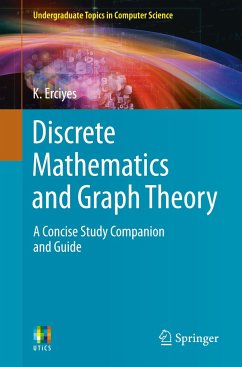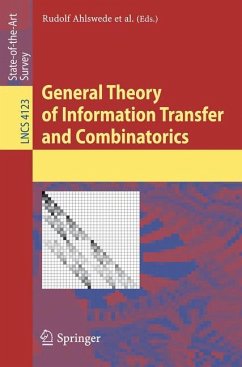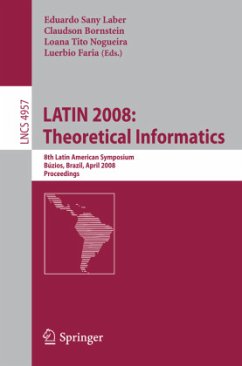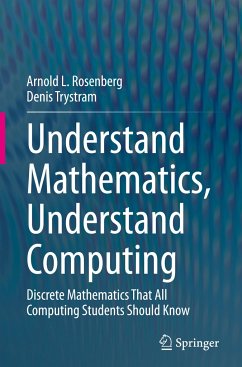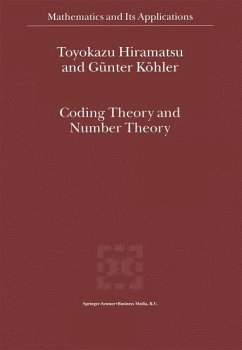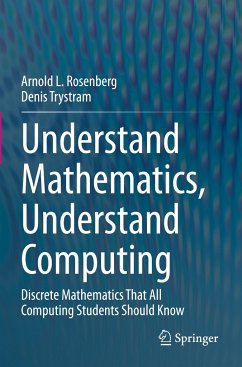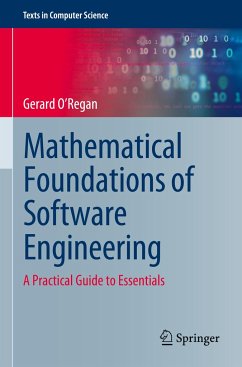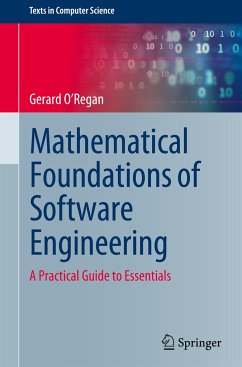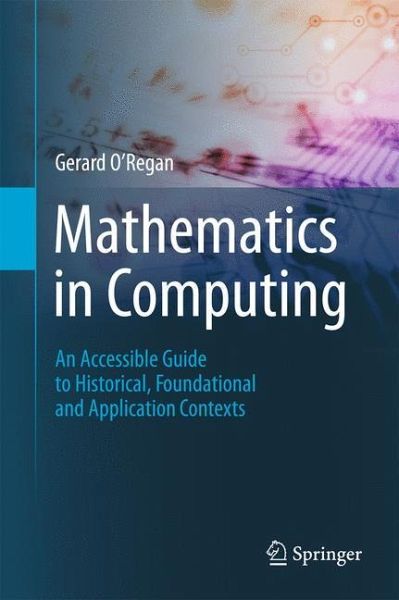
Mathematics in Computing
An Accessible Guide to Historical, Foundational and Application Contexts
Versandkostenfrei!
Versandfertig in 6-10 Tagen
46,99 €
inkl. MwSt.
Weitere Ausgaben:

PAYBACK Punkte
23 °P sammeln!
This clearly written and enlightening textbook provides a concise, introductory guide to the key mathematical concepts and techniques used by computer scientists. Topics and features: ideal for self-study, offering many pedagogical features such as chapter-opening key topics, chapter introductions and summaries, review questions, and a glossary; places our current state of knowledge within the context of the contributions made by early civilizations, such as the ancient Babylonians, Egyptians and Greeks; examines the building blocks of mathematics, including sets, relations and functions; pres...
This clearly written and enlightening textbook provides a concise, introductory guide to the key mathematical concepts and techniques used by computer scientists. Topics and features: ideal for self-study, offering many pedagogical features such as chapter-opening key topics, chapter introductions and summaries, review questions, and a glossary; places our current state of knowledge within the context of the contributions made by early civilizations, such as the ancient Babylonians, Egyptians and Greeks; examines the building blocks of mathematics, including sets, relations and functions; presents an introduction to logic, formal methods and software engineering; explains the fundamentals of number theory, and its application in cryptography; describes the basics of coding theory, language theory, and graph theory; discusses the concept of computability and decideability; includes concise coverage of calculus, probability and statistics, matrices, complex numbers and quaternions.





